SUBIC, ZAMBALES, February 24, 2021 – The Special Area for Agricultural Development (SAAD) Program of the Department of Agriculture (DA) prepared its 2022 program implementation during a three-day plan and budget workshop on February 22-24, 2021.
SAAD, a locally-funded project that seeks to alleviate poverty in the 30 poorest provinces in the country, crafted budget proposals to be presented to the Department of Budget and Management (DBM).
The activity has 40 participants (31 face-to-face and 9 online) from the SAAD’s national and 11 regional offices.
Key highlights
In his opening speech, SAAD Director Myer Mula emphasized that the implementers should continue working expeditiously as they face the health crisis.
The workshop agreements are: a) the proposed enterprise development will be refocused to the first to the fourth class municipalities and focus the production and support projects to the remaining class; b) animal housings are allowed but for established beneficiaries under multiplier farms and nurseries projects; c) all Information and Communication Technology projects are under Medium-Term Information and Communications Technology Harmonization Initiative (MITHI); d) all hauling vehicles intended for the beneficiaries is now under agri-forestry expense in tier 1; and e) prioritization shall be on swine production and establishment of multiplier under SAAD covered green zones.
Dir. Mula also said that regions that are in the green zone should monitor and focus on the repopulation of hogs amid the threat of the African Swine Fever (ASF) to help uplift the swine industry.
The swine production livelihood projects would help the beneficiary as well as help address the country’s shortage of pork. It will also support the Department of Agriculture’s Bantay sa ASF sa Barangay (BABay ASF) twin program.
Also discussed was the draft SAAD roadmap in support to the House Resolution No. 1421 (HR 1421) that endorses the SAAD Program’s extension from 2023-2028.
The event also showed the financial and physical performance highlights of the SAAD Program in 2020. For the agricultural sector, the total obligation is 93.73% (Php 876,882.17 million) and disbursement is 60.39% (Php 529,544.35 million) from the approved Php 935,451.08 million General Appropriations Act (GAA). This covers 356 agricultural livelihood projects implemented to 15,059 individuals and 871 groups; 231 specialized training to 10,876 individuals; and 135 social preparation activities to 10,838 participants.
For the fisheries sector, the obligation is 94.69% (Php 186,700,356 million) while disbursement is 76.55% (Php 142,910,966 million) from its Php 197,164.80 million approved budget of 2020. This covers 181 fishery livelihood projects implemented to 9,244 individual fishers and 281 groups; and 90 social preparation activities and specialized training to 3,815 participants.
SAAD’s primary focus is to uplift its beneficiaries by providing nutritious food on the table and at the same time increasing their income through enterprise.
Writer: Jennifer A. Valcobero, SAAD NPMO Public Relation and Comms Officer

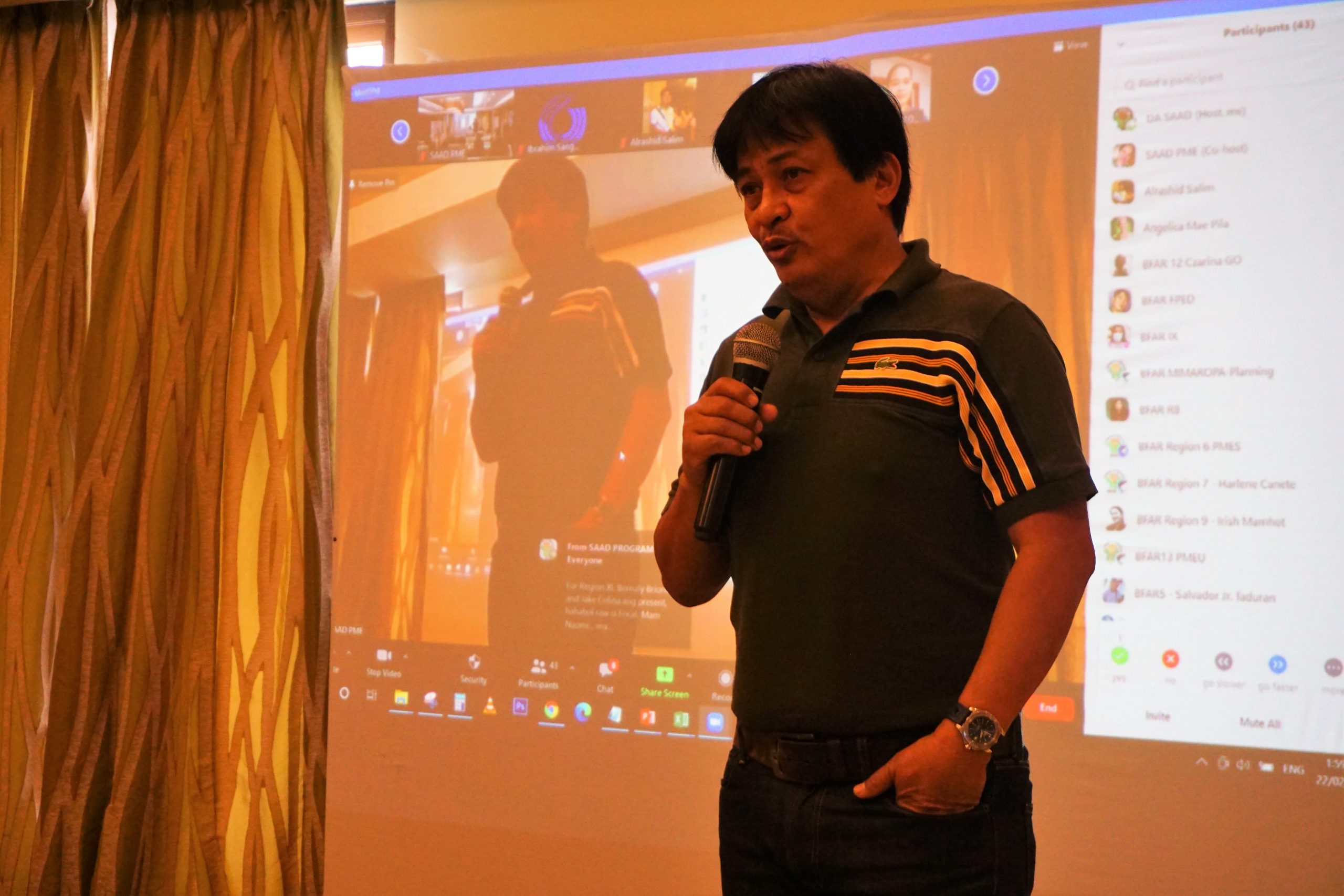
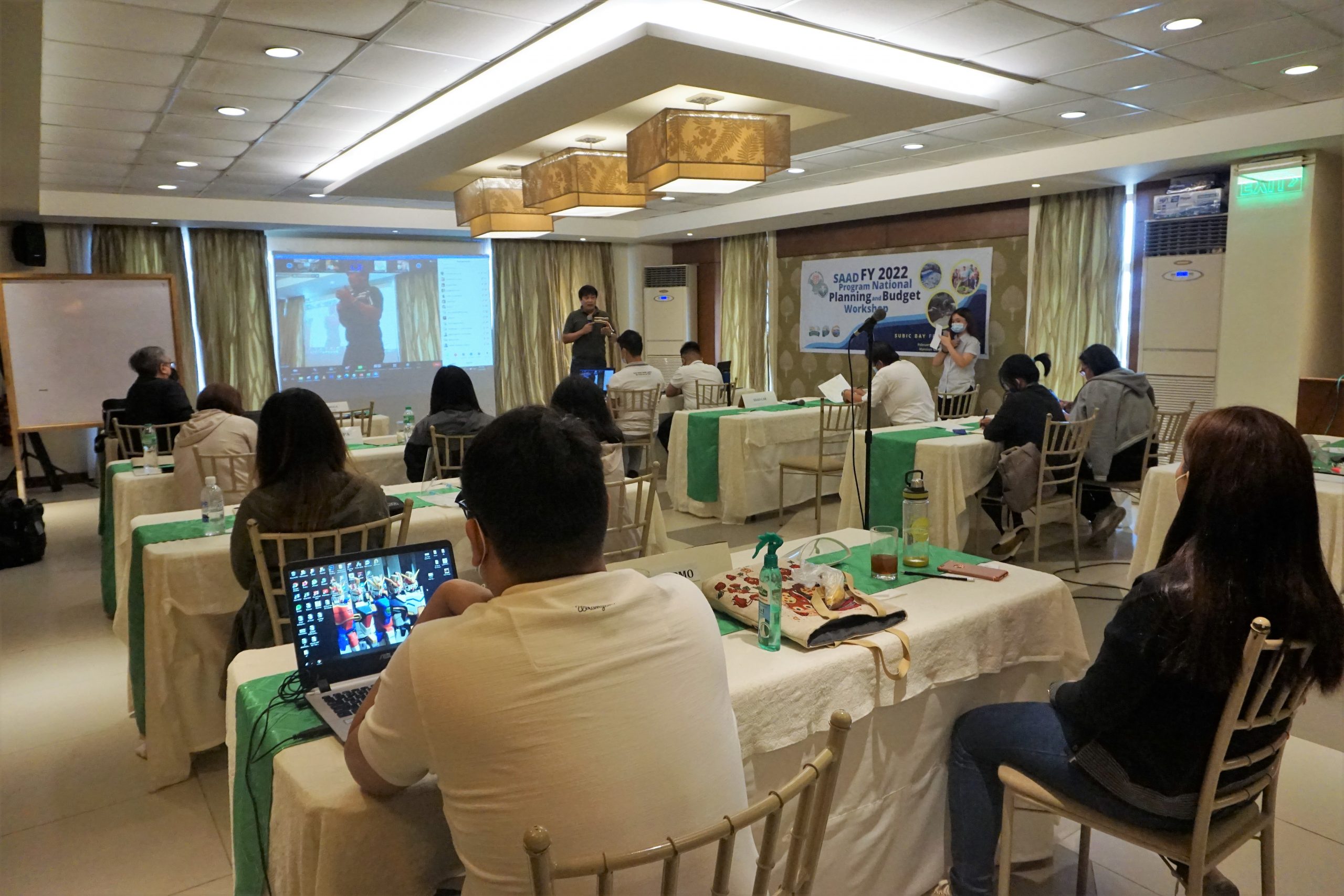
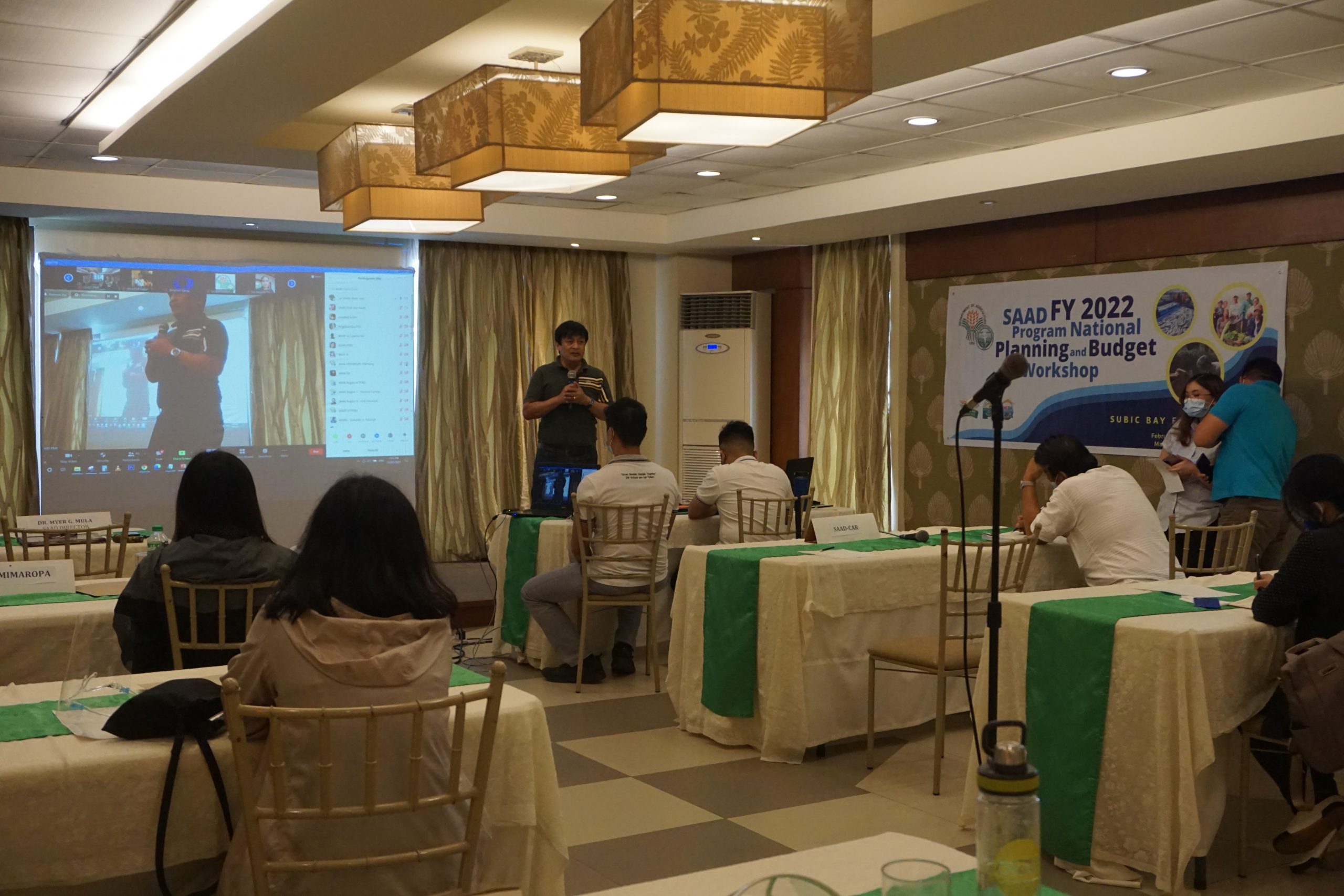
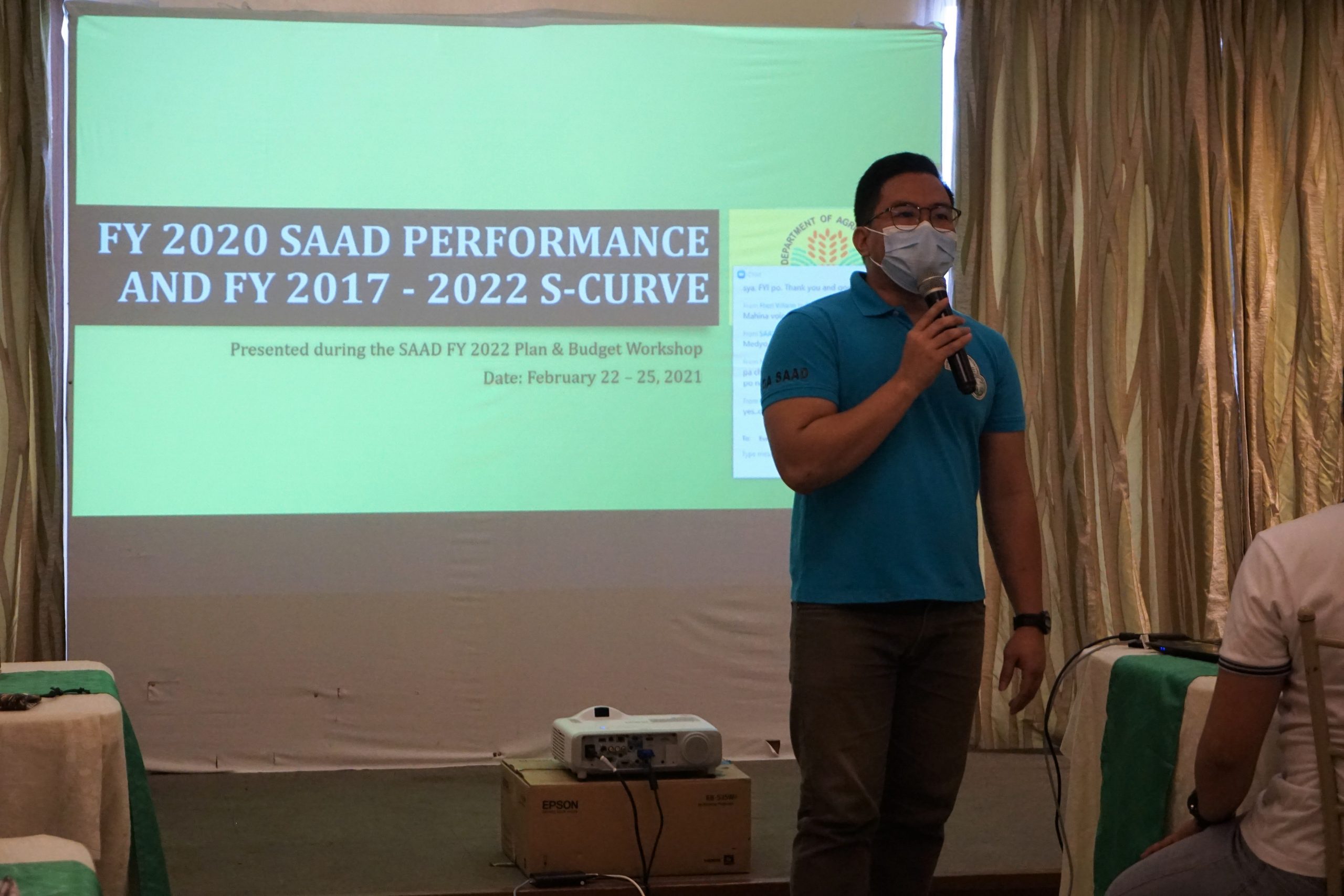
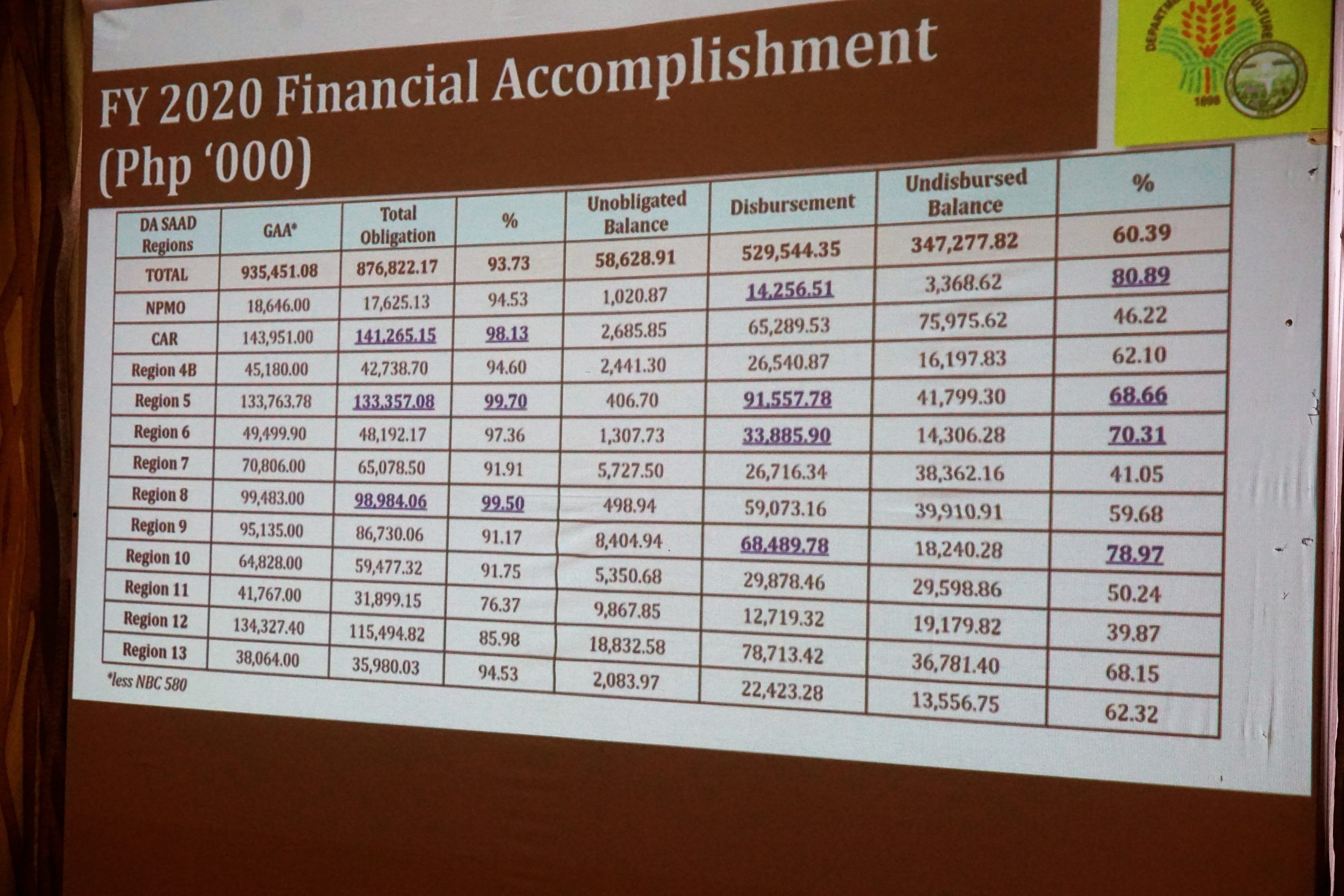
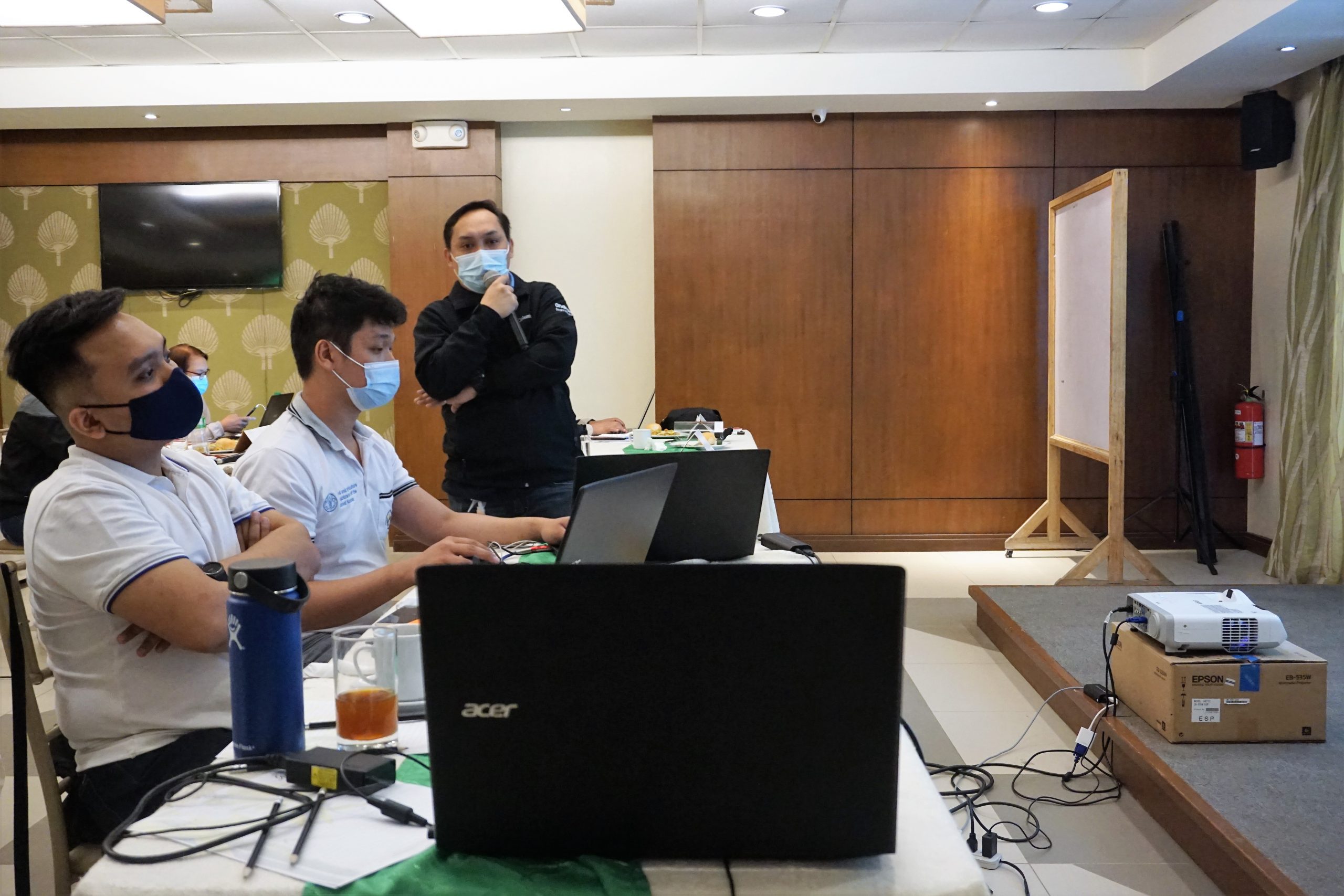
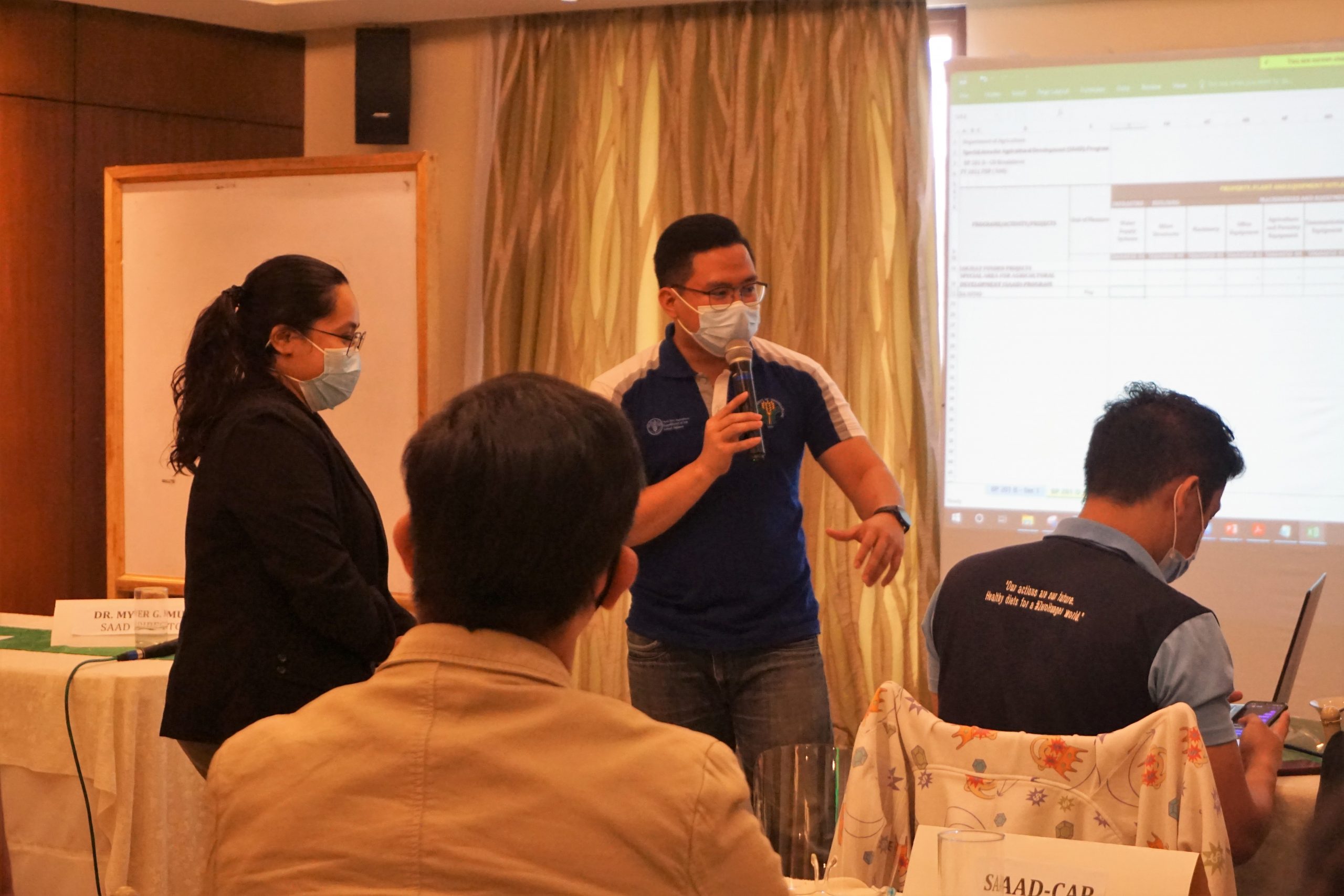
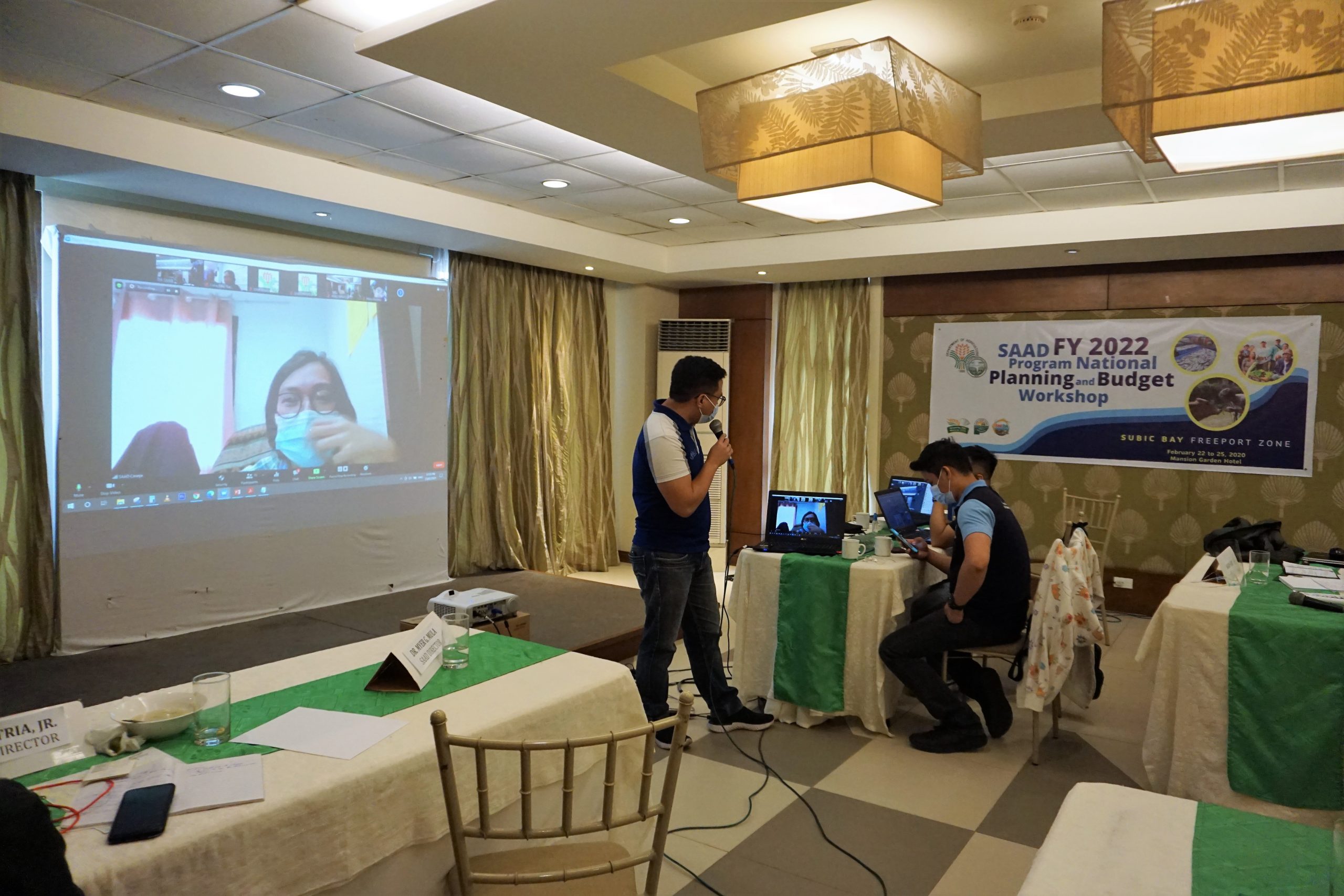
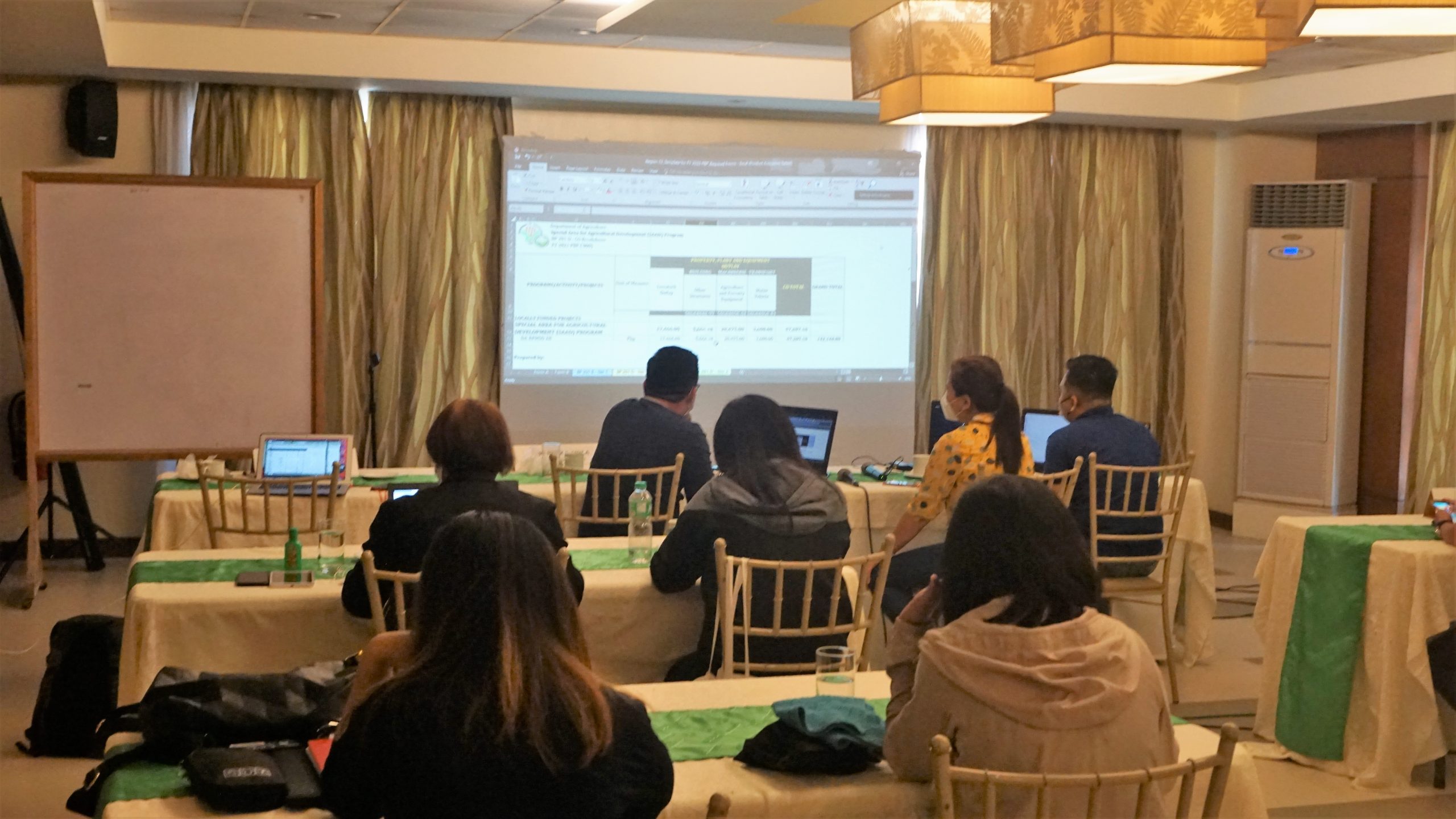
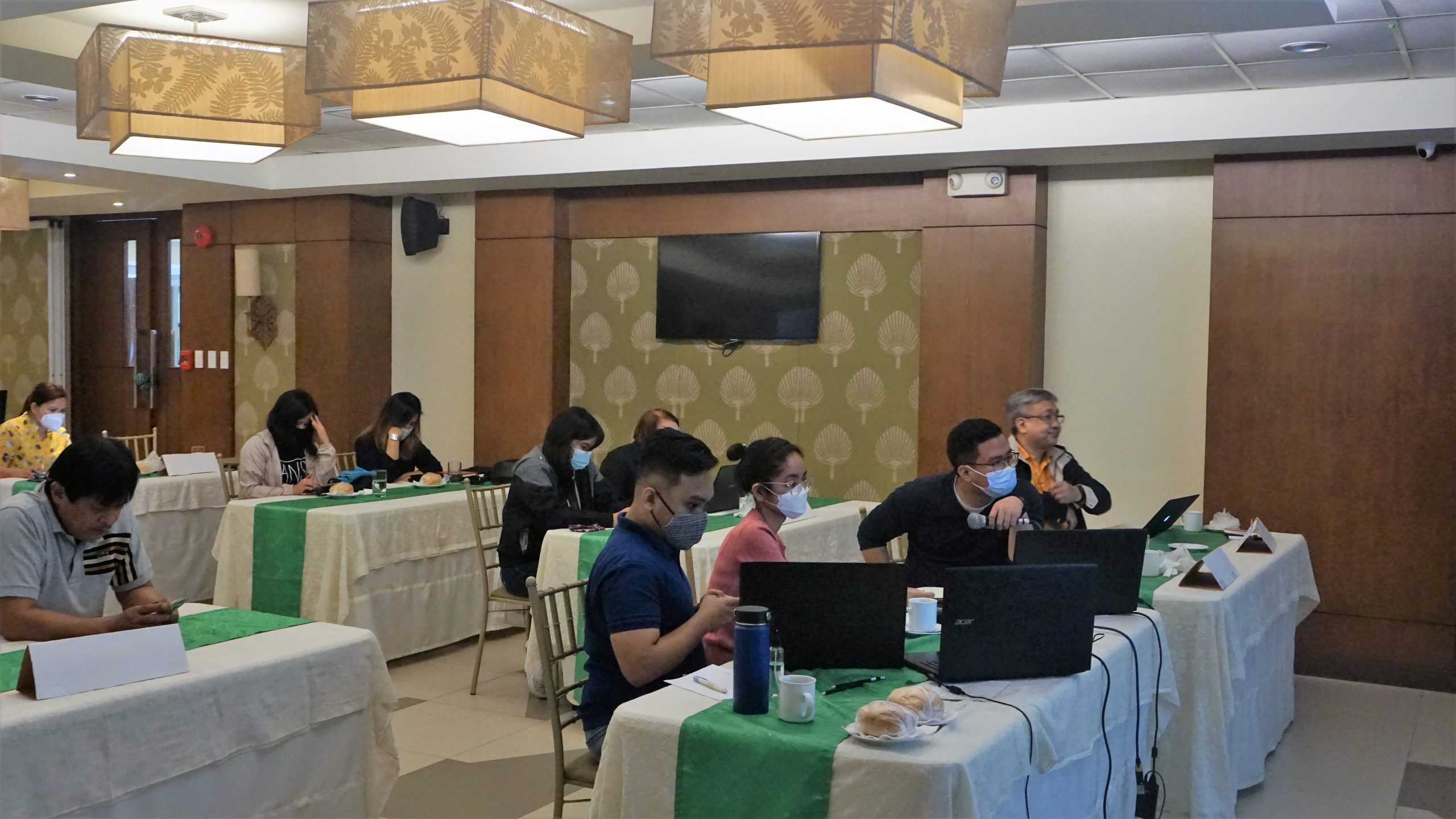
Comments (0)